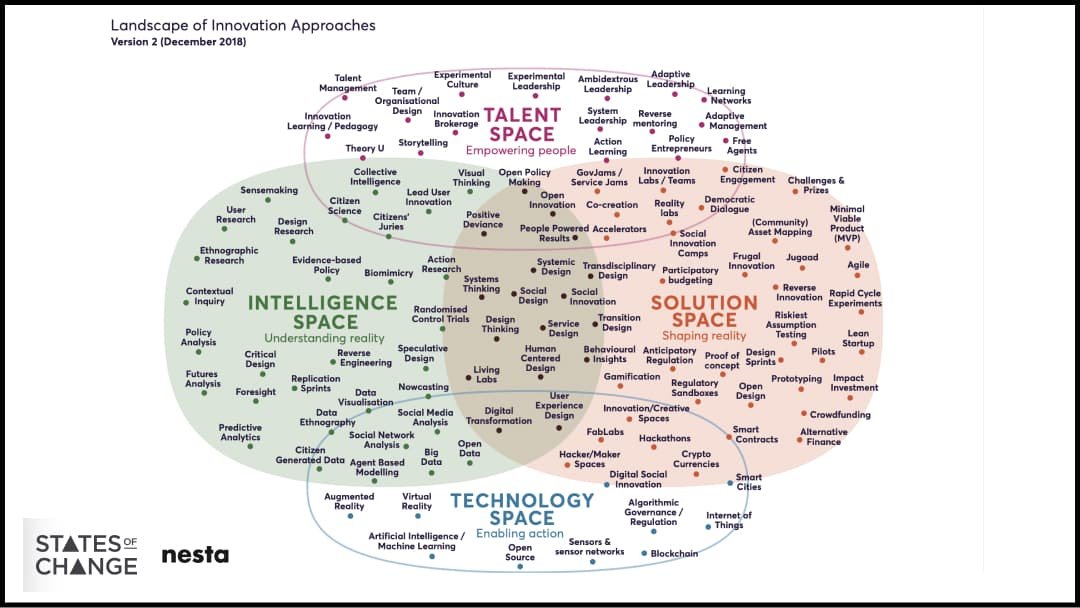7 Method Libraries for Experiments & Concept Tests
7 Method Libraries for Experiments and Concept Tests
by Jeff Humble
Dear Reader,
Today, I want to share some behind-the-scenes research on Designing Product Experiments.
When I design a course, I go deep on research...like buying every book on the topic and scouring the internet for every possible PDF.
For our course on product experiments, 7 playbooks in particular influenced the course. Here they are, ranked in order of usefulness:
1. The Experiment Library by Strategyzer
 |
2. Validation Guide by Board of Innovation
 |
3. Compendium of Innovation Methods by Nesta
 |
4. Experiment Playbook by Lean Apps
 |
5. The Real Startup Book by Kromatic
 |
6. Landscape of Innovation Approaches by States of Change
 |
7. Guide to Scaling Product-Led Experimentation by Amplitude
 |
Unfortunately, most of these playbooks require an email to download.
If you want a little preview of each before you give away your info, I wrote a short review of each playbook in the full article. It's a great way to bookmark this resource for later. Check it out below:
| Check out the Full Article |
|
COURSE: Defining UX Strategy COURSE: Facilitating Workshops |
Until next week, try out one experiment method at work!
The Fountain Institute
The Fountain Institute is an independent online school that teaches advanced UX & product skills.
I Bought a Mac Mini to Try OpenClaw, the Most Hyped AI Tool of 2026 by Jeff Humble Dear Reader, You've probably heard of OpenClaw 🦞 by now. 145,000 GitHub stars. Headlines everywhere. "The AI that actually does things." This tool is the O.G. dream of AI...automation, not slop. This was the missing piece to my automation system. I had to try it. So I bought an entry-level, 2024 M4 Mac Mini for €590 (on sale in Germany, but they're reportedly selling out in the U.S.) and spent two days trying...
Why Decisions Feel So Hard Right Nows By Hannah Baker Dear Reader, Over the last few months, I’ve been talking with design and product leaders across very different organizations, large companies, smaller teams, fast-moving environments, and slower ones. And I keep hearing the same thing. Their teams are being asked to make decisions faster than ever, and yet, deciding feels heavier than it used to. Not slower, exactly. Just harder. At first, people often explain this in familiar ways: too...
When Speed Stops Being the Bottleneck by Jeff Humble Dear Reader, Quick question: What happens when the thing that used to take 12 weeks now takes 4 days? I've been watching this play out across the industry, and it's wild. Lots of companies aren't sharing their new speeds, but a few are: Code and Theory (an agency that works with Microsoft and Amazon) is building dashboards in 40 minutes that used to take a week. They report cutting time-to-prototype by 75%. Coinbase reports a 2-5x increase...